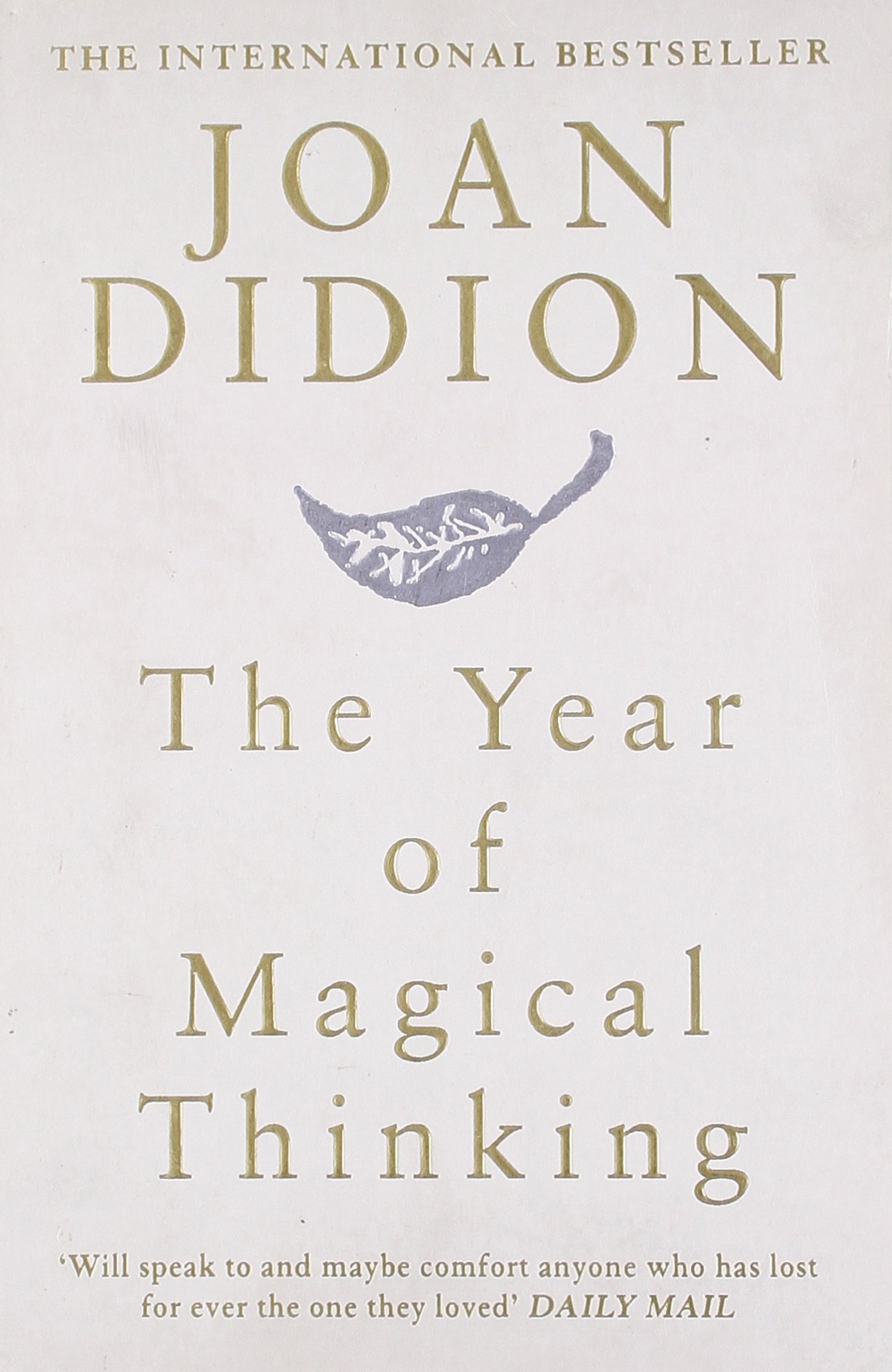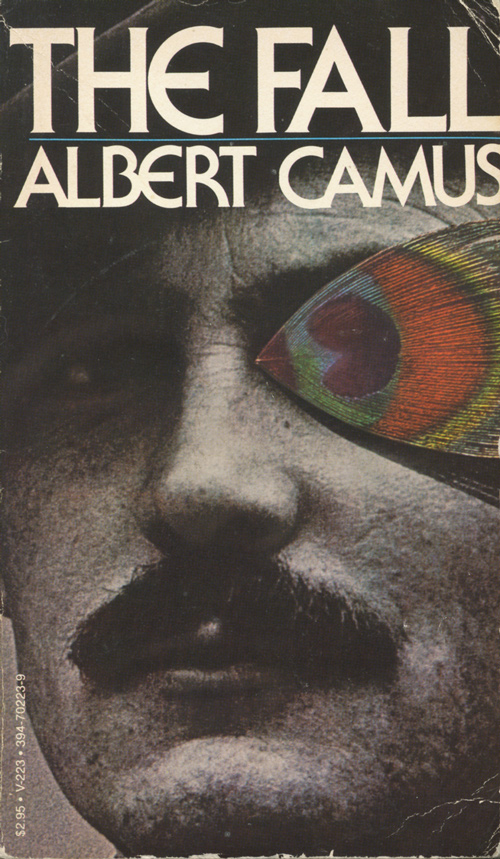
“Why, then, even when I advanced, was I so quick to retreat? Why did I always have ready a gracious smile, a happy laugh, when things went badly? Why, sooner or later, did I always find plausible excuses for those who made me suffer?”
The second in Elena Ferrante’s blisteringly passionate Neopolitian series, The Story of a New Name takes place on the dirty and sun-baked streets of Naples, as residents are swept through life in a whirlwind of anger, resentment, and short-lived love.
A young girl named Elena’s complex and passionate friendship with Lina has been stretched by their changing social conditions and Lila’s abusive marriage. As Elena longs for Lila’s beauty, charisma, and recent wealth, Lila resents Elena’s education and the chance it gives her to transform. The two see adults around them as miserable, and both fear and strongly suspect that they will one day become the same way, beaten and tired shadows of their young selves with their bright eyes dimmed and dreams pissed on and laughed at.
Ferrante’s writing has a warmth to it, as her sentences pile descriptive clauses on top of descriptive clauses focused on the emotional state of Elena rather than the world she occupies. A single mood will be expressed over three paragraphs, exploring both its origin and consequences in conversations that mood impacts. Emotions dictate the situations characters get into, rather than an easy-to-grasp plot pushing the narrative forward.
Did a passing yet stinging remark from her mother leave Elena angry, and thus more likely to conflict with her temperamental boyfriend? Did a conversation between characters three years ago create a distance which cannot be crossed, resulting in stunted expressions over something important? Or is one of them merely in a foul mood due to lack of sleep, resulting in a cascade of bad feelings that results in an explosive argument with ramifications for years to come?
When you listen to Elena despair over the state of her neighbourhood, it feels as though she’s despairing over the state of the world, because from that’s all of the world she’s been allowed to see exists. She might have glimpsed a kinder or richer place in one of her novels, a city or community she knows is real, but her vision of reality has been narrowed by poverty until it seems that she might be trapped in a cycle of her ancestors: work for nothing, rage, die.
Caught between the desire for a better life and the deep-seated fear that they are living in precisely the conditions they deserve, an impression confounded by the contempt outsiders’ treat the very dialect they speak, residents of Elena’s neighbourhood view change with suspicion. They are people who grew up in poverty and, for the most part, were never shown away out of it, so they view any who try and leave the dramas of their corner of Naples with deep-seated resentment.
A combination of good fortune and dedication might Elena her escape, but her parents sneer at her changing voice, her need for teaching materials that other, less uppity children would never ask for. They see her attempts at walking a new path as condemnation of their own journeys. ‘What’s so bad about where we ended up?’ they feel. ‘We’ve done the best we could. You think you’re better than us? Put down those books and help make a meal, find a husband, get a job.’
Marriage binds families of their community, a line that connects two drowning and resentful captives. Passions fizzle only to be enflamed with jealousy, and beatings are commonplace and admired as a way to assert proper dominance by petty men. Insults, disgust frustration. Lina wants to escape her abusive marriage, but there’s no way to do this without destroying both herself and her family. Sometimes that’s a sacrifice she’s willing to make, but other times she staggers through a world she’s numb to, drained of joys but bearable through sheer stubbornness.
Elena is on the rise in terms of class: the first in her family to attend high school, mastering Italian beyond the vulgar dialect she throws around in her neighbourhood, mingling with the daughters and sons of professors and artists who pay no regard to people like her parents. This paralyses her in a state of fear, however, as she is aware that no matter how hard she studies the time is too late, her life began in a lower-class neighbourhood; she thinks this has marked both her brain and body so deeply that anyone truly knowledgeable could chip away at her persona with some intelligent words and see her true self, unworthy, just barely buried beneath a layer of pretention.
The Story of a New Name is a novel about transformation, and the cost of making a new life for yourself. Poverty binds characters to the land they grew on; if they want to plant their roots in new soil, there will always be a great price. Elena finds escape through knowledge, Lila through passion, and both are resented for these choices. Who could judge them for this, however, when these desires stem from a need to feel something other than resignation?












